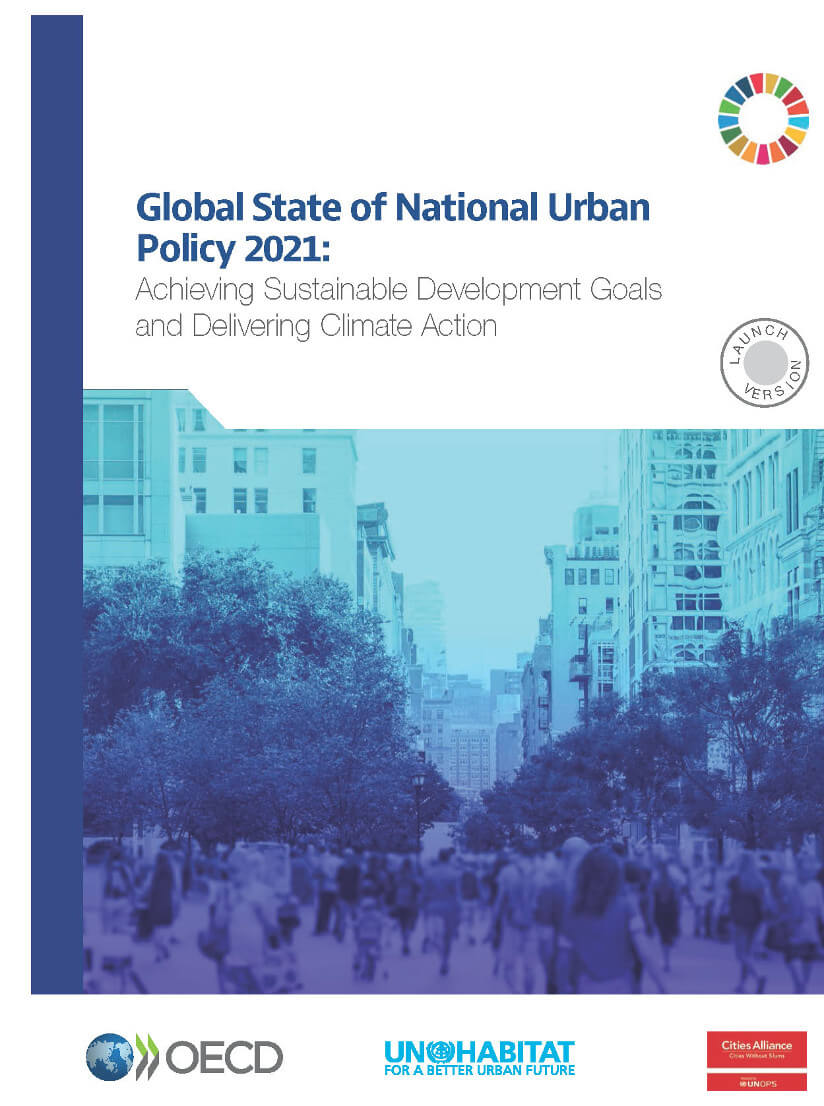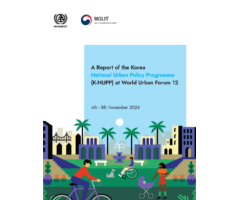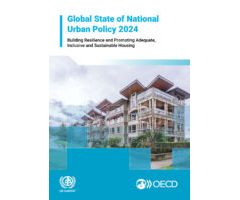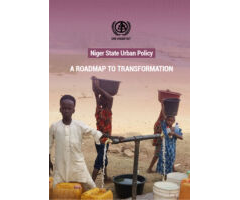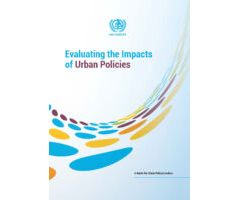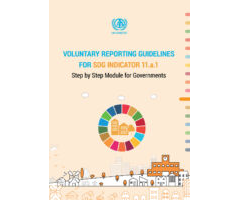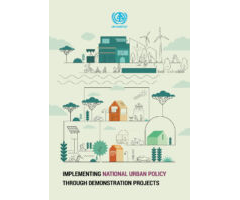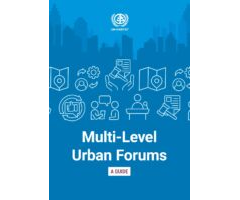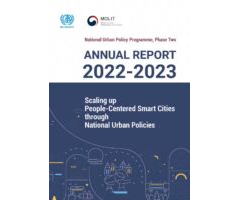Why do we need a
NATIONAL URBAN POLICY?

Urbanization in most developing countries is bringing about enormous changes in the spatial distribution of people, resource, as well as the use and consumption of land. Although such a process is strongly linked to social and economic development, many countries lack the supporting policies and frameworks that can leverage the process for increased development gains and guide it towards sustainable patterns. While urbanization creates huge wealth and opportunities, enables better use of assets and creates new ones, in many countries, particularly in the developing world, these aspects are not harnessed for development. In fact, in the developing world, urbanization challenges often seem to outpace the development gains. In order to harness urbanization, mitigate its negative externalities and promote an “urban paradigm shift”, there is need for a coordinated approach and clear policy directions. This is lacking in many countries, where several government departments are in charge of dealing with different aspects of the urbanization challenge. Moreover, urbanization is not considered a national development opportunity. In general, the overall understanding of cities in national development is very limited, and so is the appreciation of the structural transformations represented by the dynamics of growth in urban centres.

The development of a national urban policy is the key step for reasserting urban space and territoriality. It is also vital in providing the needed direction and course of action to support urban development. The Policy provides an overarching coordinating framework to deal with the most pressing issues related to rapid urban development, including slum prevention and regularization, access to land, basic services and infrastructure, urban legislation, delegation of authority to sub-national and local governments, financial flows, urban planning regulations, urban mobility and urban energy requirements as well as job creation.
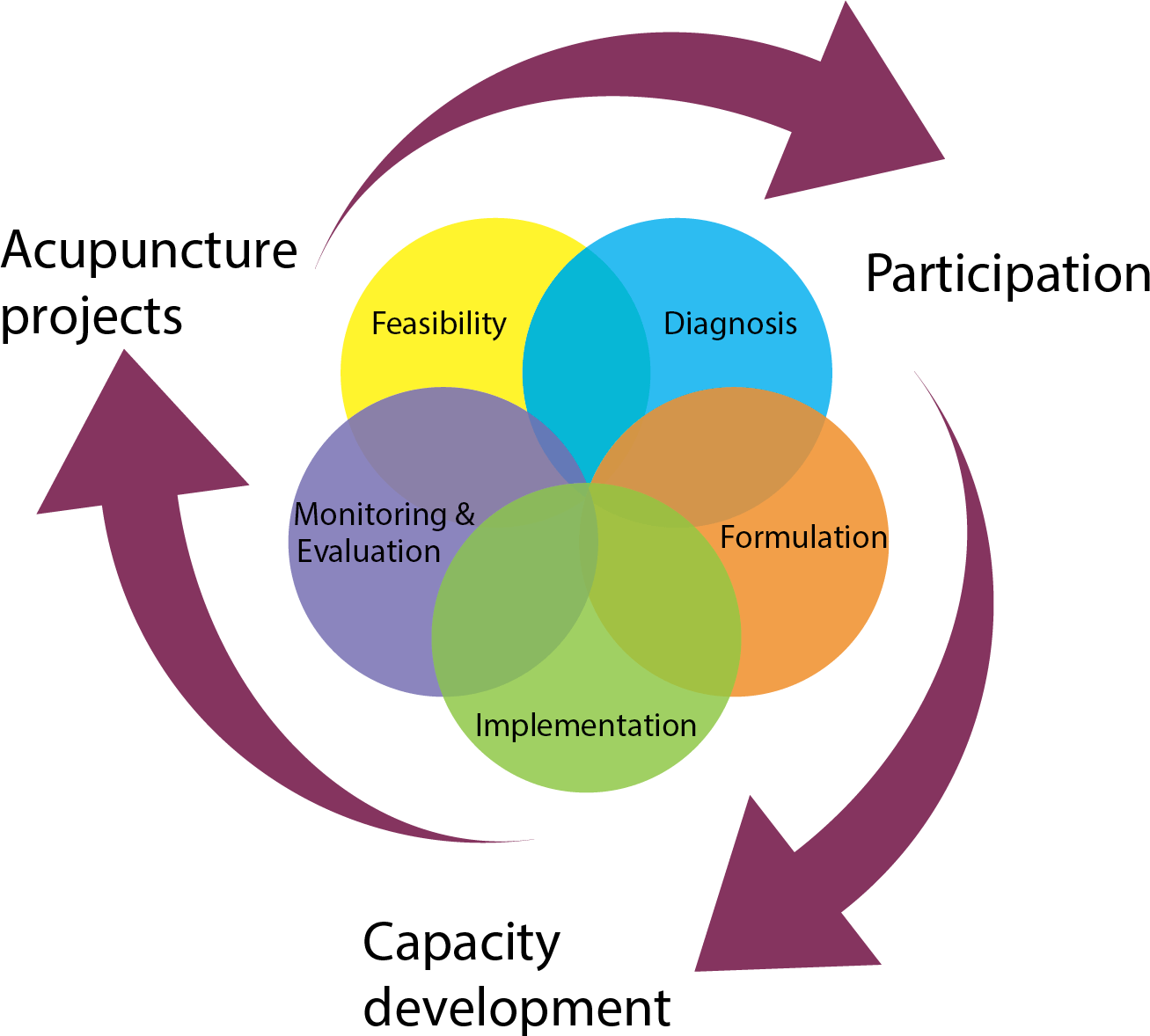
UN-Habitat’s Support for National Urban Policy
Brazil, China and South Africa are examples where clear national urban policies have been vital in orientating action to tackle inequality and to energize the development process. UN-Habitat has supported several urban policy development processes including those of Burundi, Malawi, Mongolia and Sri Lanka (National Urban Sector Policy Framework). UN-Habitat’s contribution to a national urban policy includes country assessment; advice on setting up of national processes and stakeholder participation; documentation of good practices to support national processes; analysis of urban planning policies and instruments; facilitation of local-national dialogue on reforms; dissemination and capacity development on the urban policy across the full range of actors. The results expected with the development of a national urban policy are:
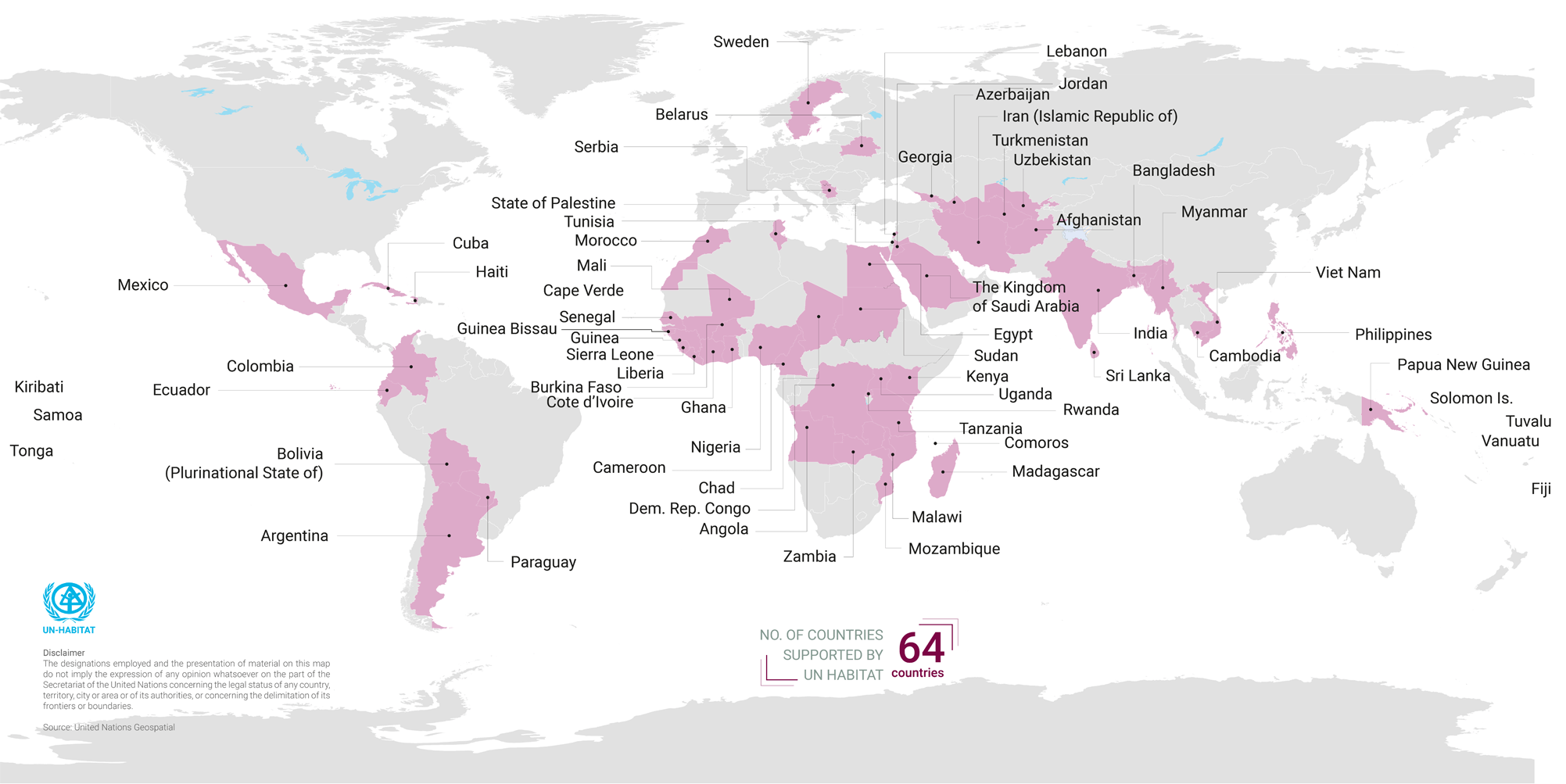
Global State of National Urban Policy 2021
The COVID-19 pandemic has highlighted an opportunity and the potential for national urban policy (NUP) to shape more resilient, green and inclusive cities as part of countries recovery packages. The scale and urgency of pressing and emerging urban challenges has become evident and has given prominence to NUP as a tool to build back better. NUP is increasingly used as an instrument that facilitates achieving sustainable urban development as a shared responsibility across levels of government. The Global State of National Urban Policy 2021 report reviews the NUPs of 162 countries across the world. Building on the first edition launched in 2018, the report takes stock and provides analysis of form, scope, and stage of development of NUP for policymakers and urban professionals. As such, this global monitoring aims to unpack how and in what forms NUPs have been developed, implemented and assessed globally. The report assists national governments in advancing NUP processes, especially in improving links with Agenda 2030 for Sustainable Development and the New Urban Agenda, and mainstreaming climate action into NUP. The report is a collaborative project of the OECD, UN-Habitat and Cities Alliance, and an outcome of the National Urban Policy Programme, a global partnership launched in 2016 at the Habitat III Conference.
National Urban Policy Database and NUP Catalogue 2021
The UN-Habitat National Urban Policy Database and Catalogue provide a global overview of the state of urban policy at the national level. They gather country-level data (when available) on the existence of relevant NUPs, dates of formulation, implementation, and monitoring and evaluation (as appropriate) main themes of these policies, the leading ministries and main actors, and, when possible, links to the policy documents. The aim of these tools is to gather pertinent information on National Urban Policies in a central location and therefore make available a broad overview of the state of National Urban Policy globally.
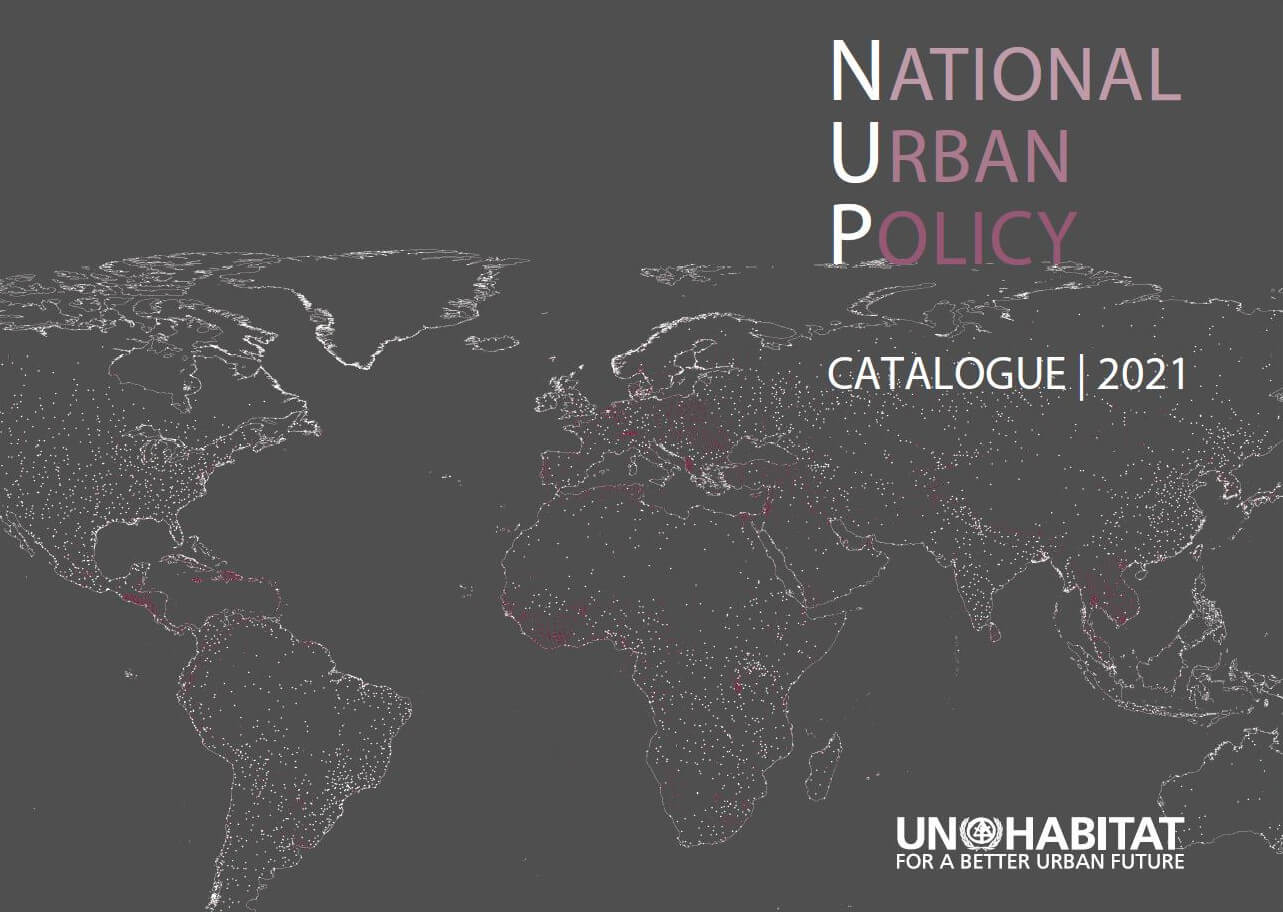
National Urban Policy publications
People-Centered Smart Cities
This report summarizes a pivotal knowledge-sharing event, focused on Korea…
Published On 4 February 2025
Downloads 81
Views 170
Cities, home to nearly half of the world’s population, are dynamic centers of economic, social, and…
Published On 7 November 2024
Downloads 91
Views 217
As part of the commitment of the Niger State Government (Nigeria) in creating compact, connected, socially…
Published On 27 October 2024
Downloads 35
Views 126
More people live in cities than ever before. The urban population more than doubled from 1.5 billion…
Published On 27 October 2024
Downloads 46
Views 117
The important role of urban policies for sustainable development has in the recent past gained prominence…
Published On 27 October 2024
Downloads 19
Views 98
Globally, urbanization has increased significantly, with the world’s urban population expected to reach…
Published On 27 October 2024
Downloads 45
Views 62
Urban Forums are critical and inclusive platforms to domesticate and localize global agendas and to…
Published On 3 July 2024
Downloads 52
Views 326
The National Urban Policy Programme (NUPP) remains a central tool towards promotion and realisation…
Published On 4 June 2024
Downloads 87
Views 306


